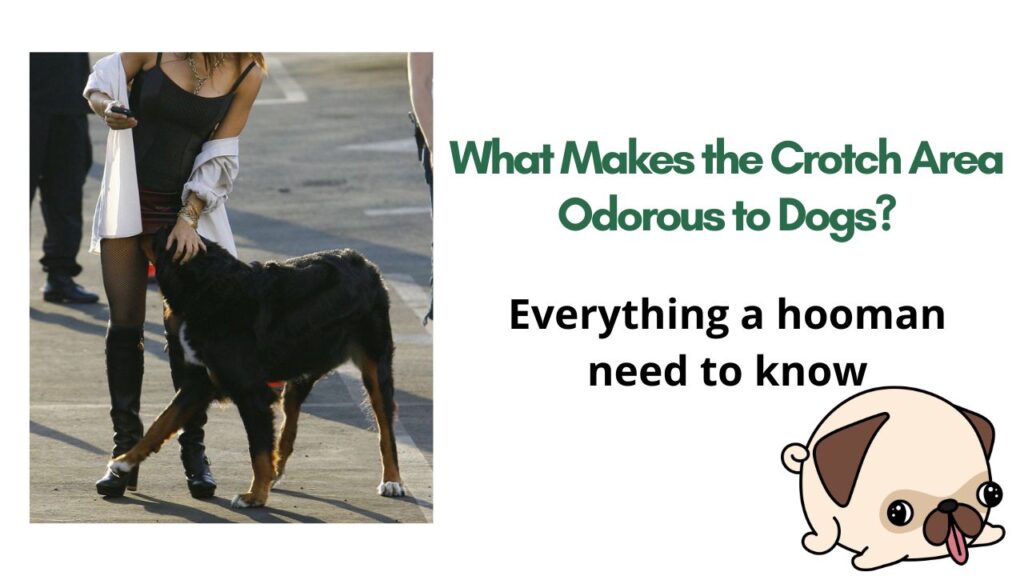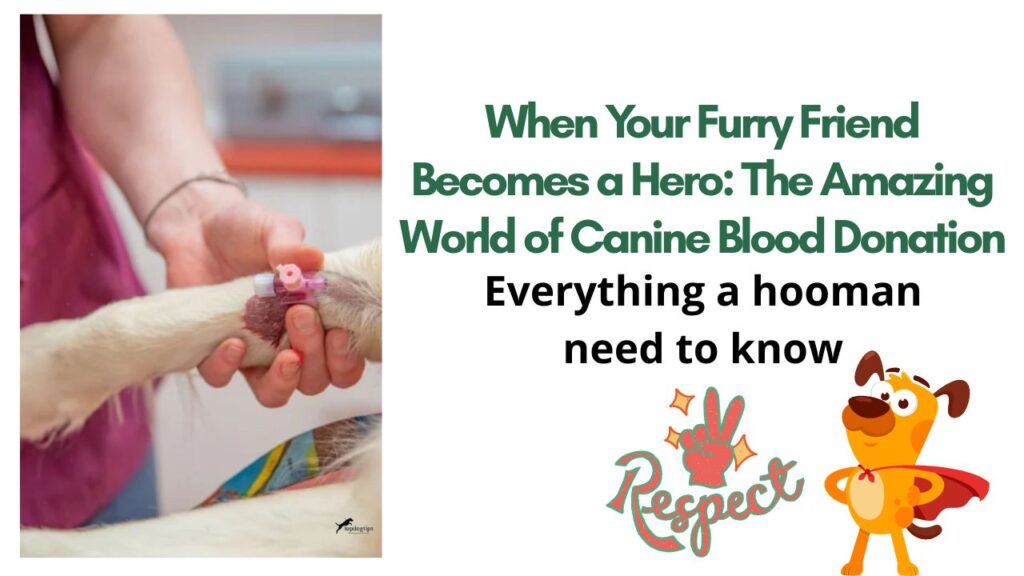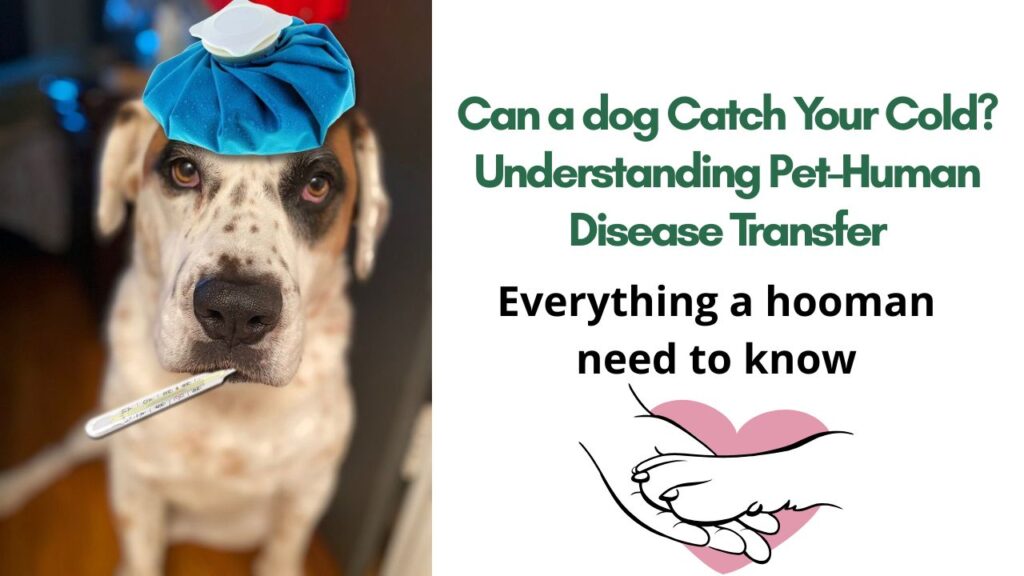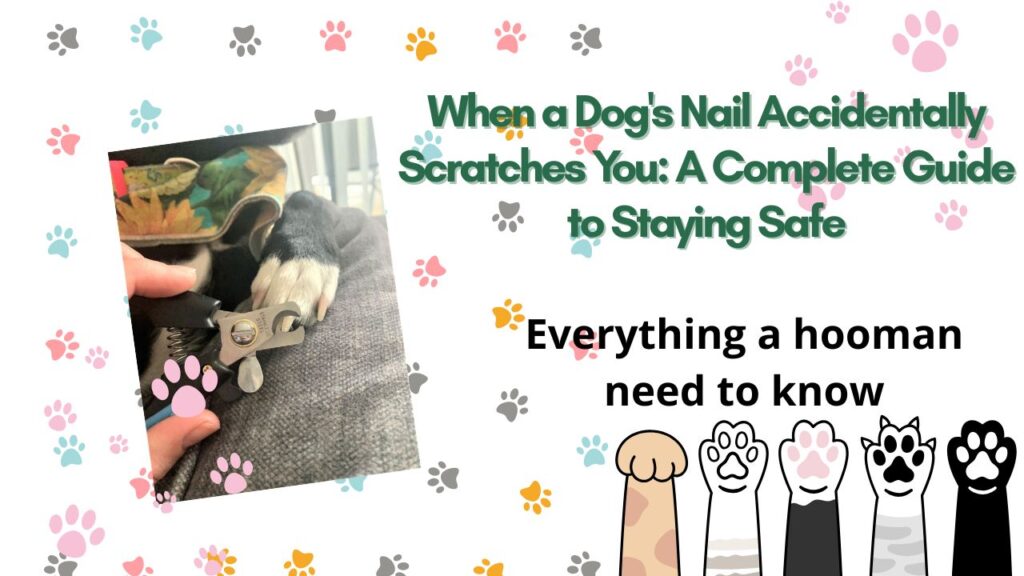Celebrating Our Street Dog Friends!
Welcome to the delightful world of street dogs! These charming canines, with their wagging tails and playful spirits, roam our neighborhoods, bringing joy wherever they go. Often overlooked, street dogs are resilient and full of personality. Each one has a unique story, from clever scavengers to loyal companions who brighten our days. Join us in this blog as we share heartwarming tales and tips on how to support these lovable furry friends. Let’s celebrate the magic of street dogs and the happiness they bring to our lives!
Introduction to Dogs Howling at Night
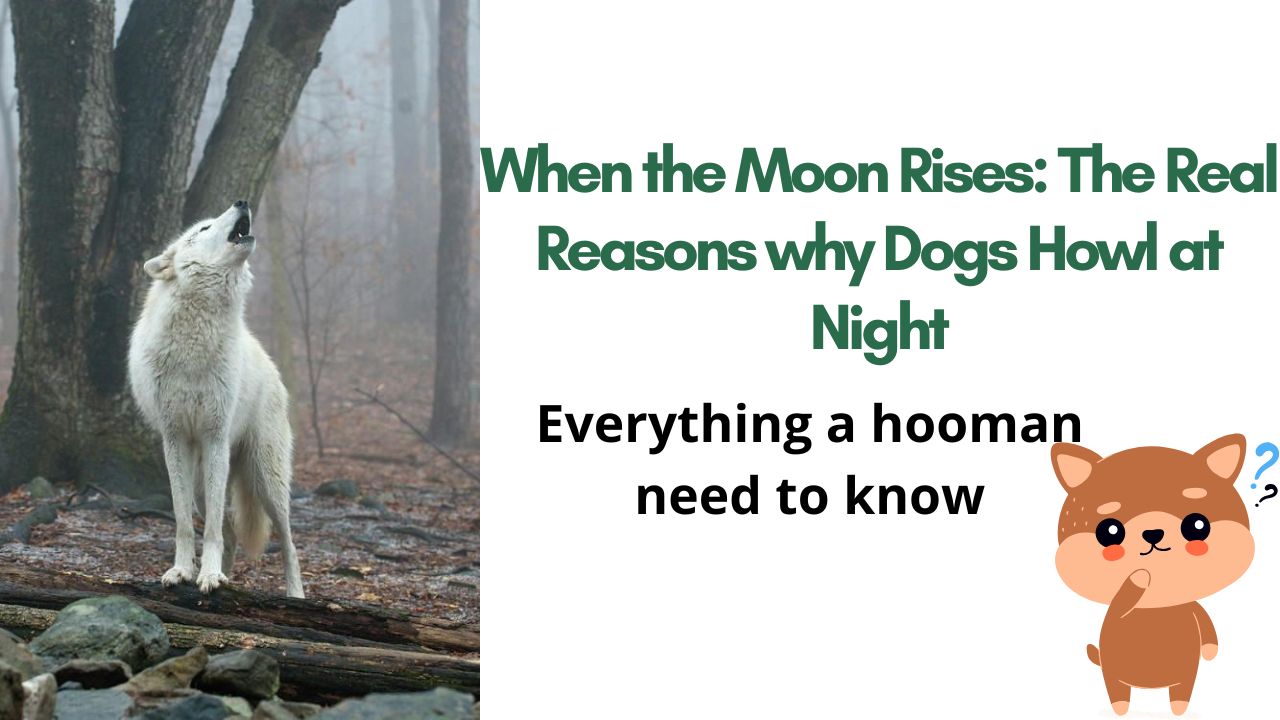
Have you ever lain awake, hearing that long, soulful awooo echoing through the quiet streets? Maybe you’ve wondered if the neighborhood dogs are talking to each other, or if something’s wrong. For centuries, humans have been both amused and mystified by the nighttime howls of dogs, especially those living freely in our communities. But behind every howl is a story—a message, a feeling, or sometimes just a bit of canine fun.
Dogs, whether pampered pets or streetwise survivors, are deeply social creatures. Their howls are more than just noise in the night; they’re a window into their world. Let’s unravel the mystery together and discover why our four-legged friends fill the night with their haunting songs.
Why Do Dogs Cry and Howl at Night? All the Reasons Behind the Chorus
Dogs howl at night for many reasons, and understanding these can help us respond with empathy and care. Here are the most common causes:
Communication with Other Dogs
Howling is an ancient form of communication. Dogs use it to connect with other dogs over long distances, much like wolves do in the wild. It’s their way of saying, “I’m here!” or “This is my territory!”
Expressing Anxiety or Loneliness
Nighttime can be lonely, especially for street dogs or pets left alone. Howling is often a cry for companionship or a response to separation anxiety, especially in dogs who are used to being around people or other animals during the day.
Responding to Environmental Noises
Dogs have sharp hearing. Sirens, fireworks, car horns, or even another dog’s howl can trigger a chorus. Sometimes, they’re startled; other times, they’re just joining in the neighborhood “conversation”.
Territorial Behavior
Street dogs are especially territorial. Howling at night can be a warning to other dogs, marking their presence and defending their patch of land. It’s their way of saying, “This spot is taken!”
Seeking Attention
Some dogs learn that howling brings people running—whether for comfort, food, or just a scolding. Over time, this can become a habit, especially if they’re bored or under-stimulated.
Medical Issues or Discomfort
Pain, illness, or age-related cognitive decline can cause dogs to howl at night. For older dogs, confusion or discomfort may trigger these vocalizations. If a dog suddenly starts howling more than usual, a vet check is wise.
Breed Tendencies
Certain breeds like Huskies, Beagles, and Malamutes are natural-born howlers. Their genetics make them more likely to vocalize, especially at night.
Boredom or Lack of Exercise
A dog with energy to burn—or a mind left unstimulated—may howl simply out of frustration. Nighttime can be especially restless for dogs who haven’t had enough activity during the day.
Hunger or Need to Relieve Themselves
Sometimes, a howl is just a dog’s way of saying, “I’m hungry!” or “I need to go outside!” Ensuring regular meals and bathroom breaks can help curb these calls.
How Can We Prevent Dogs from Crying at Night?
If you’re losing sleep to doggy serenades, or you want to help the street dogs in your area, here are some compassionate, effective strategies:
1. Ensure Comfort and Security
For pets, create a cozy, safe sleeping space. Soft bedding, familiar smells, and a quiet environment can ease anxiety. For street dogs, community shelters or safe corners with blankets can make a big difference.
2. Provide Enough Exercise and Mental Stimulation
A tired dog is a quiet dog. Regular walks, playtime, and interactive toys help burn off energy and reduce nighttime restlessness.
3. Address Separation Anxiety Gradually
If your dog howls when left alone, practice short departures and slow returns. Leave a piece of your clothing or a comforting toy. For street dogs, regular feeding and gentle interaction can build trust and reduce stress.
4. Rule Out Medical Issues
Sudden or excessive howling warrants a vet visit, especially in older dogs. Pain, cognitive decline, or illness can all cause nighttime vocalizations.
5. Avoid Reinforcing Attention-Seeking Howling
Don’t rush to comfort or scold your dog every time they howl. Instead, reward quiet behavior and teach cues like “quiet” or “settle.” For street dogs, avoid giving food or attention during howling spells, but offer care when they’re calm.
6. Use Calming Aids
For anxious dogs, try pheromone diffusers, calming music, or anxiety wraps. These can help soothe nerves and reduce nighttime noise.
7. Consult a Professional for Persistent Issues
If howling continues despite your best efforts, a certified dog trainer or animal behaviorist can help develop a tailored plan.
8. Community Solutions for Street Dogs
Community feeding programs, sterilization, and education can reduce stress and territorial disputes among street dogs, leading to quieter nights for everyone.
Behavioural Studies: What Excites or Upsets a Dog to Howl at Night?
Science has dug deep into the canine mind to understand this fascinating behavior.
Genetic Roots and Breed Differences
Research shows that breeds closer to their wolf ancestors, like Huskies and Shiba Inus, are more likely to howl, especially as they age. These breeds also show more stress-related behaviors—like yawning or shaking—when howling.
Age and Experience Matter
Older dogs, especially those from ancient breeds, tend to howl more and for longer durations. Younger dogs of all breeds are less likely to howl in response to triggers, suggesting that experience and maturity play a role.
Social and Environmental Triggers
Dogs are highly responsive to their surroundings. A study found that dogs exposed to recordings of wolf howls responded with their own howls, especially if they were from breeds with strong ancestral ties. Environmental noises, changes in routine, and even the presence of other animals can trigger howling.
Emotional Expression
Howling isn’t always about distress. Dogs may howl when excited, happy, or even just to join in with a group. It’s a natural way to express big feelings, both good and bad.
Learned Behaviors
Some dogs pick up howling from their peers or even from humans. If a puppy sees older dogs or people reacting to howling, they may mimic the behavior and carry it into adulthood.
Questions Most Asked About Dogs Howling at Night
- 1. Why do dogs howl at night more than during the day?
Dogs are more likely to howl at night because the world is quieter, making their calls travel farther and more noticeable. Nighttime also brings out their natural instincts to communicate and protect their territory.
- 2. Is it bad if my dog howls at night?
Occasional howling is normal and healthy. However, if your dog suddenly starts howling more, or if it’s accompanied by other changes (like not eating or being withdrawn), it’s worth checking for medical or emotional issue.
- 3. How can I tell if my dog’s howling is due to pain?
Look for other signs like limping, restlessness, or changes in appetite. If your usually quiet dog begins to howl more, especially at night, consult your vet to rule out pain or illness.
- 4. Do certain breeds howl more than others?
Yes! Breeds like Huskies, Beagles, and Malamutes are famous for their vocal talents. These breeds are genetically closer to wolves and have a stronger instinct to howl.
- 5. Can howling be a sign of separation anxiety?
Absolutely. Dogs with separation anxiety often howl when left alone, especially at night. They may also show other signs like destructive behavior or house soiling.
- 6. Will ignoring my dog’s howling make it stop?
Not always. If the howling is due to boredom or attention-seeking, ignoring it might help. But if it’s rooted in anxiety, pain, or environmental triggers, the underlying issue needs to be addressed.
- 7. How can I help street dogs who howl at night?
Support community feeding and sterilization programs, provide safe shelters, and educate neighbors about humane dog care. Reducing stress and competition among street dogs can lead to quieter, happier communities.
Conclusion
As the moon rises and the world quiets down, the howls of our canine companions remind us that we share our nights with creatures full of feeling and instinct. Whether it’s a street dog defending its patch, a pet longing for your return, or a playful pup singing along to a siren, every howl has a reason.
Understanding why dogs howl at night is the first step to living in harmony with them. It’s about empathy—recognizing their needs, their joys, and their struggles. For pet owners, it means listening to what your dog is trying to tell you and responding with patience and care. For communities, it’s about supporting street dogs with compassion and practical solutions.
Let’s celebrate the voices of our furry friends, not as disturbances, but as part of the rich tapestry of life that makes our neighborhoods unique. The next time you hear a dog howling at night, remember: it’s not just noise—it’s a story, a message, a song of connection.
Thank you for joining me on this journey into the world of canine communication. If you’ve enjoyed this post or have your own stories or tips to share, I’d love to hear from you in the comments below! Want to learn more about dog behavior or how to help street dogs in your area? Check out our other articles or sign up for our newsletter for regular updates and heartwarming tales. Together, let’s give every dog—street or pet—the understanding and care they deserve.
